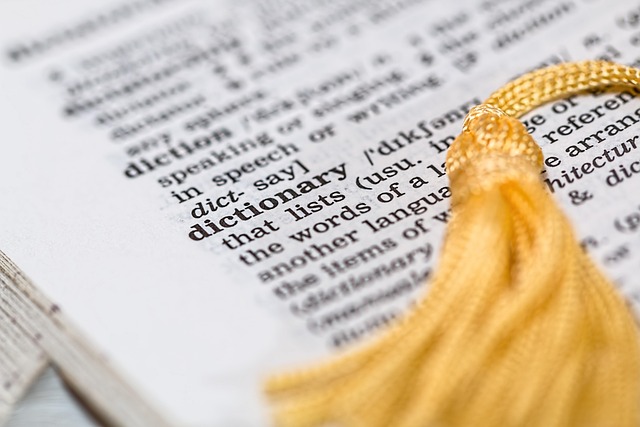Religion has long been regarded as a cornerstone in the edifice of morality, acting as a reference point for countless individuals across the globe. For centuries, adherents of various faiths have looked to sacred texts and spiritual leaders to navigate the complexities of ethical dilemmas. The teachings within these traditions provide not only guidelines for behavior but also a sense of community and shared values that help individuals define what is right and wrong.
At its heart, religion serves as a moral reference point that transcends cultures and time. Different religious traditions may articulate their moral tenets through distinct narratives or rituals, yet many converge on fundamental principles such as compassion, honesty, and justice. These shared values resonate deeply with followers and shape their understanding of morality in a way that often feels innate. When faced with difficult situations, many people instinctively turn to their religious upbringing as a source of wisdom and clarity.
Moreover, religion offers a framework for interpreting the world around us and our place within it. In times of uncertainty, having a moral reference point grounded in faith can provide reassurance and comfort. Believers often draw on the stories and teachings from their religions to navigate life’s myriad challenges, reinforcing their sense of identity and purpose. This connection can foster a resilience that allows individuals to confront moral quandaries with a sense of direction.
It’s also important to recognize that the moral compass provided by religion is not monolithic. As societies evolve and diversify, differing interpretations and practices emerge within religious communities. This plurality can sometimes lead to moral conflicts both within and among faiths. Debates about issues like poverty, gender equality, and human rights reflect this. Yet, it is precisely these discussions that highlight the dynamic nature of morality as understood through religion. The search for a reference point in moral discourse remains ever-relevant, prompting believers to seek deeper interpretations of their faith and its application in the modern world.
Additionally, the role of religious institutions plays a pivotal part in shaping moral perspectives. Through outreach programs and community service, many religious organizations actively promote ethical behavior, encouraging congregants to live out their values in tangible ways. This blend of faith and action reinforces the idea that morality is not merely an abstract concept but something to be lived and experienced daily.
In an increasingly secular world, some may argue that religion’s role as a moral reference point is diminishing. However, even those who identify as non-religious often find themselves influenced by the moral tenets established by various faiths throughout history. The secular moral frameworks that have developed in tandem with or in opposition to religious traditions still reflect many of the same values that are cherished in religious contexts.
Ultimately, whether one adheres to a particular faith or approaches morality from a secular standpoint, the quest for a reference point in ethical matters is universal. In navigating the complexities of human relationships, societal norms, and personal convictions, the influence of religion — with its profound teachings and time-honored traditions — remains a vital part of the conversations surrounding morality. It invites us to reflect, question, and ultimately grow in our understanding of what it means to lead a moral life.




